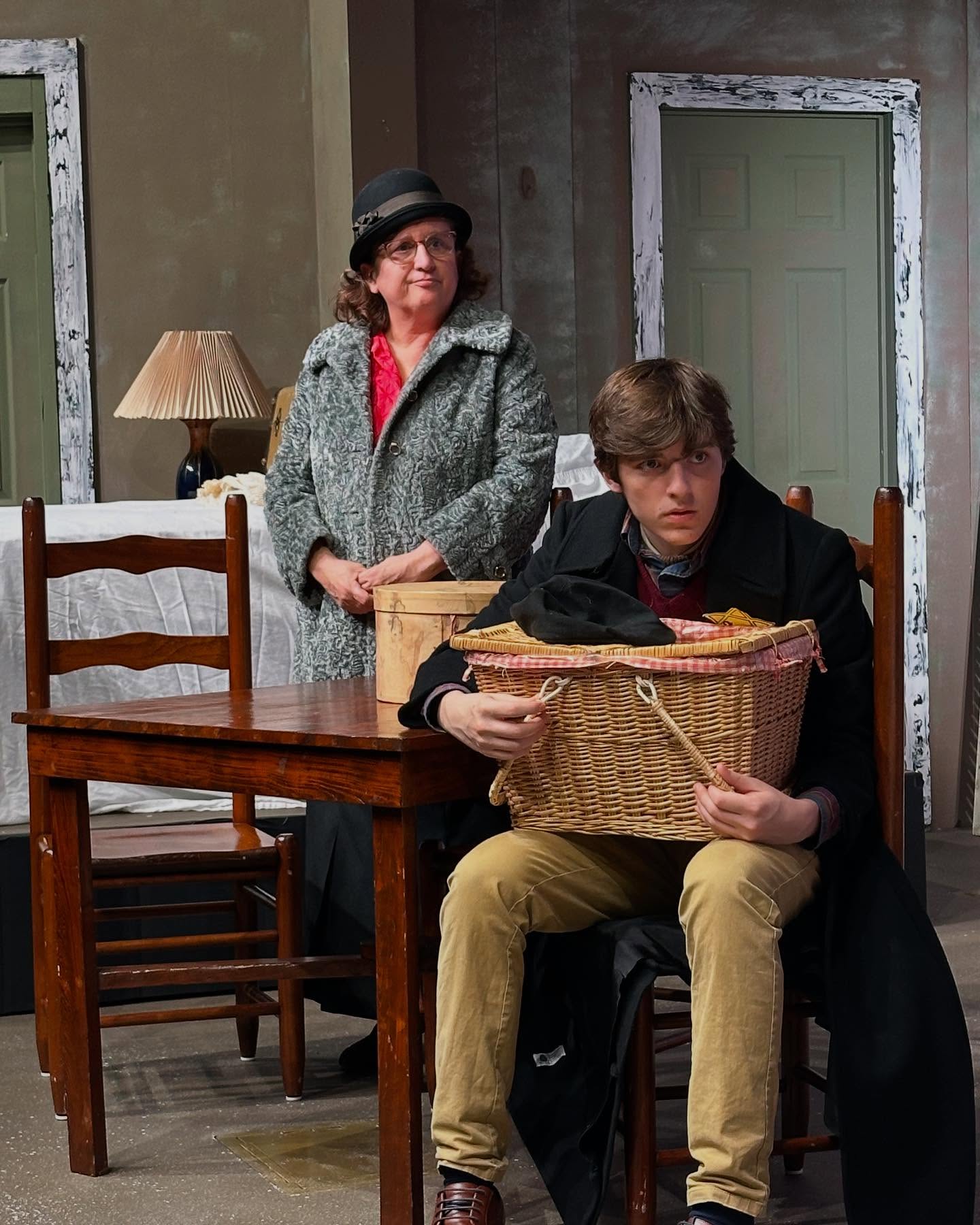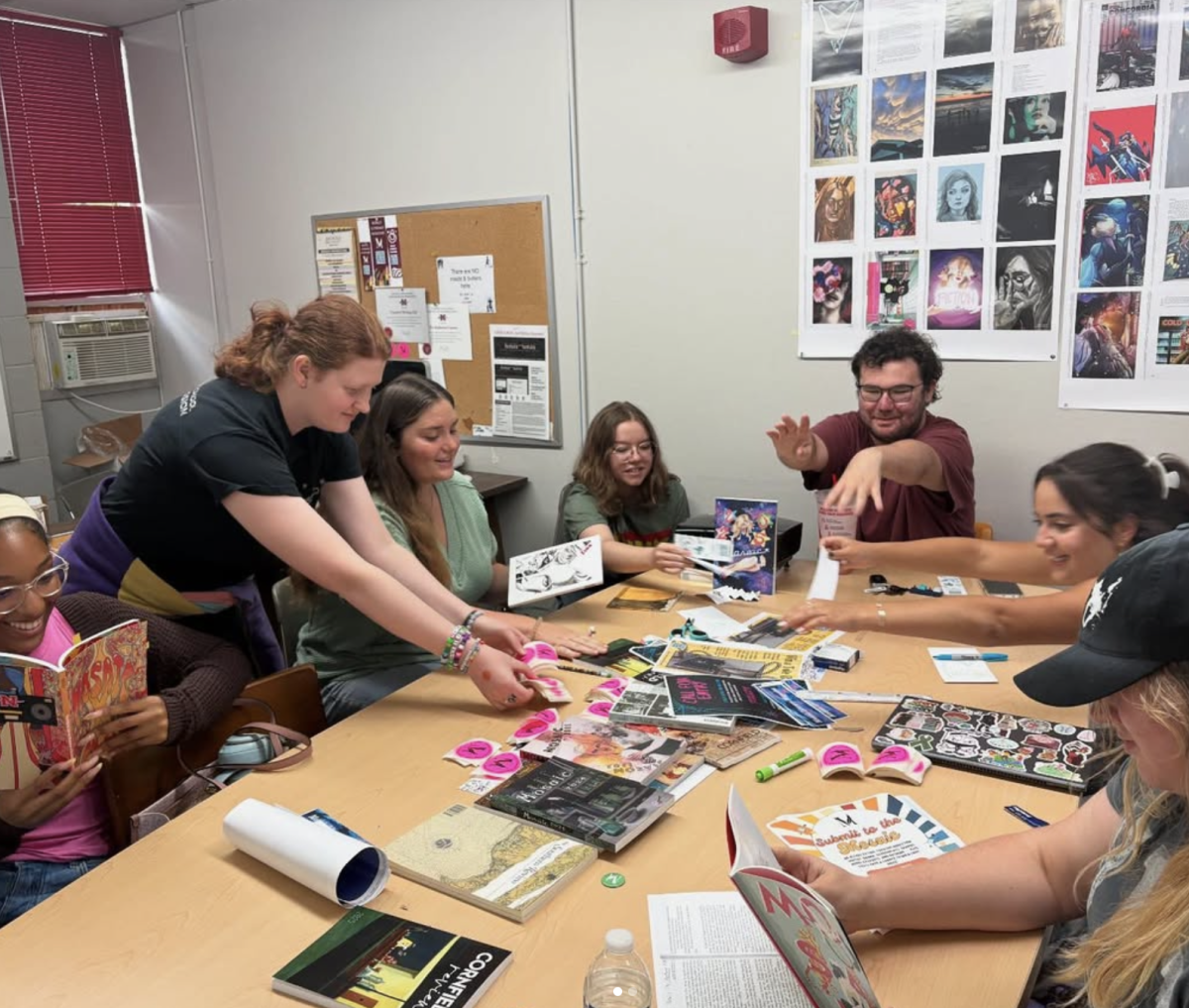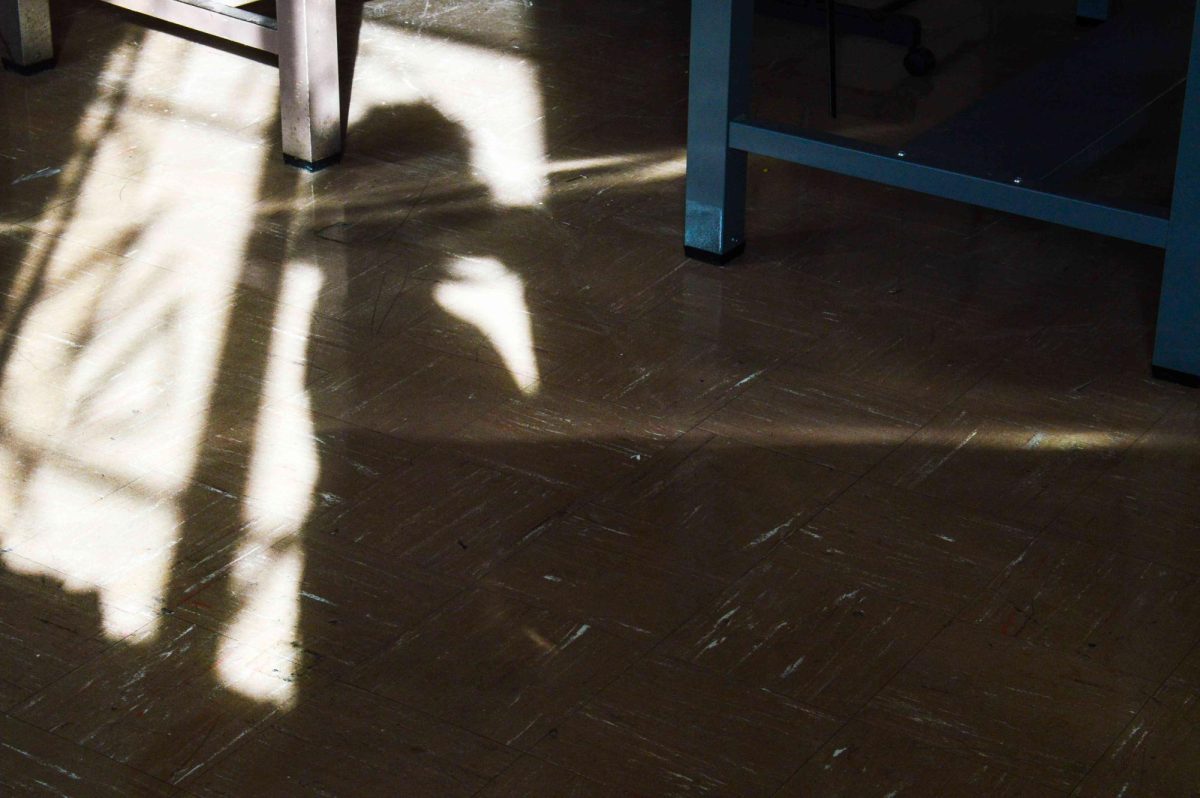HOUMA, LA–Cooper Duplantis says writing and empathy are key to confronting mass deportations and protecting marginalized people groups.
Duplantis, a lead actor in the Diary of Anne Frank, is a junior in high school with three years of experience in the Terrebonne Parish School District gifted theatre program. He plans to make his debut in screen acting soon.
When reading the original book “The Diary of a Young Girl” to immerse himself in the setting, he felt his eyes open to the horrors of the Holocaust.
“It never occurred to me how horrible things were,” Duplantis explained. “It gave me a reverential attitude towards the whole experience. I wouldn’t say somber attitude, because this is a play about life, not death.”
Duplantis and the rest of the cast of the show shared historical stories regarding the depravity that took place during the holocaust.
A somber weight filled the air of the theater, but each performer made it clear they understood their role and what it meant in the grand scheme of history.

However, for Duplantis, his role is more than a historical reenactment, but a reenactment of the events transpiring in America today.
At the time of the Holocaust, rumors were spread, whispers were exchanged and fearful looks were shared. It has become evident through the brave openness of dear friends that these crises are transpiring today.
Families are being separated, homes are being invaded and children are pleading sacred whispered prayers into their pillows, just as they did in the 1940s.
Duplantis recognizes these similarities and expresses his thoughts on the mirroring of these events.
“ICE is unfortunately a very present force in Houma. I feel like people are overlooking some obvious similarities there,” Duplantis explained. “There is a regime of people who can come to your house and detain you whether or not you can prove your innocence.”
He said he believes the U.S. government treats the idea of “innocent until proven guilty” as though it is only applicable to U.S. citizens. Duplantis said the fundamental ideas of America are being uprooted and ripped in half for the sake of ideology.
Still, there is a cure, Duplantis said.
“I’m not a political person. I am a person with empathy–empathy for people who are trying to build a life,” he said. “I think we’re missing a piece of empathy for people who are being marginalized.”
Duplantis explained that writing had power in times of crisis. Writing, he says, held power to free enslaved people and win entire wars. Not only did it wield might in this way, but it also opened doors for individuals to gain understanding and empathy for people unlike themselves.
Duplantis stated that writing is a powerful tool necessary to protect groups of marginalized people who do not currently have a means of defending themselves. It is a tool that gives insight into the lives and times of individuals who remain massively unseen he added.
“We need to make it seen,” he concluded.



















